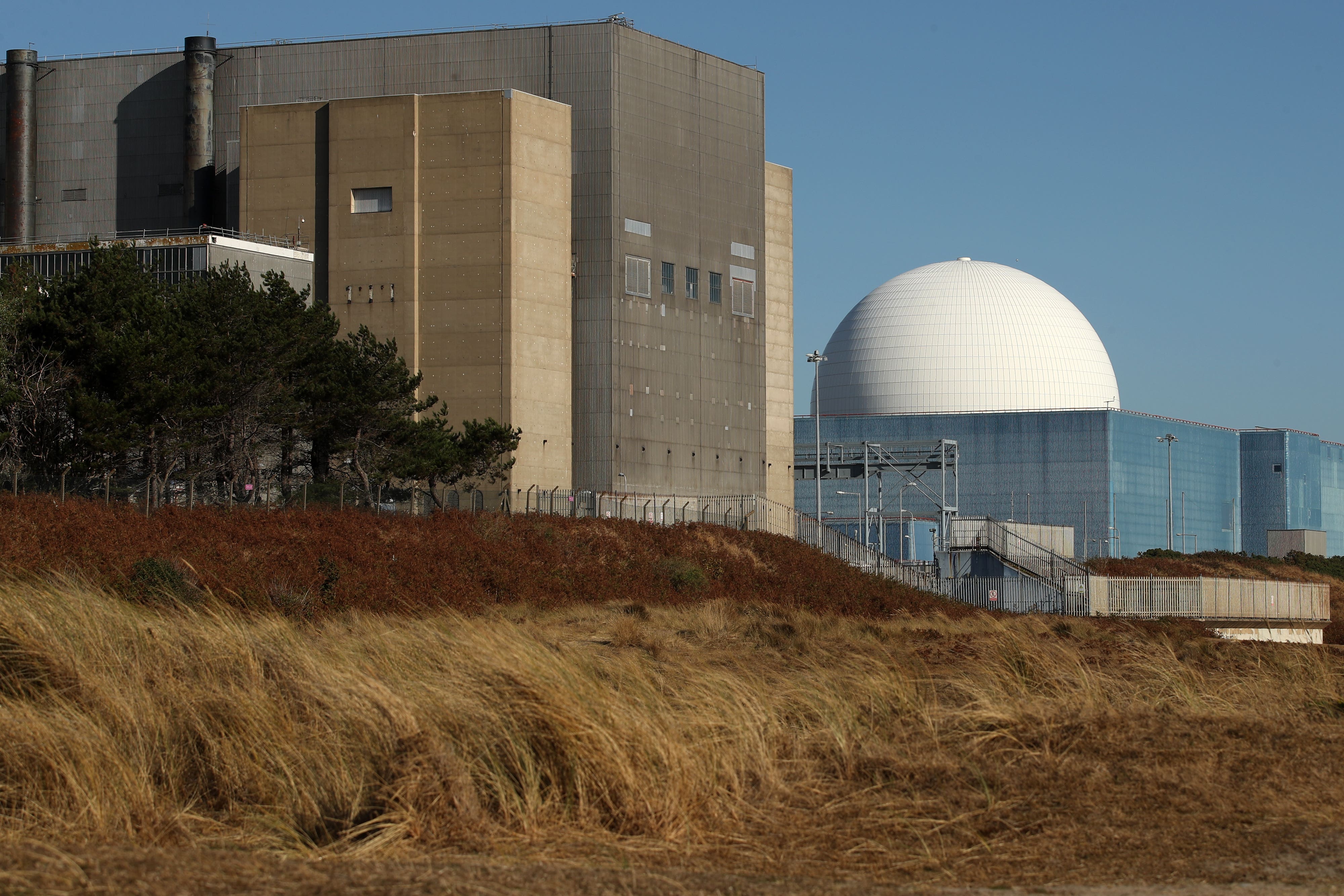
Tony Blair’s think tank has warned the development of nuclear power is suffering from an unjustified perception of risk in the wake of two major disasters, urging the UK to take advantage of a “new dawn” in the technology driven by the uptake of AI.
In a report published on Monday, the Tony Blair Institute for Global Change said the adoption of nuclear power had slowed considerably since the 1986 Chernobyl disaster, and global emissions would have been lower had an “inaccurate” portrayal of the technology’s safety had not taken hold.
“The reality is that nuclear energy is a safe form of energy, with significant benefits in terms of reducing emissions and creating balanced, low-cost energy systems. Public perception of the risk of nuclear power is not commensurate with the actual risk,” the report said.
“The public understanding of nuclear power has been shaped by media headlines and dissemination of information around key accidents like Chernobyl, as well as the claims of the anti-nuclear movement. This has resulted in an inaccurate perception of the technology’s real risks and rewards.
“The price of this slowdown is now clear: if the world had not turned away from nuclear after Chernobyl, energy-related CO2 emissions could have been 6 per cent lower in 2023, the same as taking 450 million passenger vehicles off the road for a year.”

The report said that there had only been two major accidents in the “entire history of nuclear energy”: Chernobyl and the Fukushima disaster of 2011 “and the effects of these, while serious, have been significantly overestimated”.
“There are trade-offs with nuclear power, just like there are trade-offs with any other energy-generation technology. But unlike other technologies, nuclear energy faces an enhanced, unfounded perception of risk, with far less consideration of the rewards,” the report said.
The report’s authors said a common claim from anti-nuclear activists was that no level of radiation was safe: “As the possibility of radiation being emitted into nature, even with safer reactors, cannot be completely precluded, their conclusion is that the risk of nuclear is not worth its benefits.
“This assessment mis-states the relative weight of the risks and rewards.”
Earlier this month, secretary of state for energy and climate change Ed Miliband, said nuclear energy would play a “vital role” in the UK’s clean energy mix after announcing an information-sharing deal with the United States aimed at speeding up the deployment of the technology.
The last nuclear facility to be commissioned in the UK was Sizewell-B in 1995.

Major tech firms are driving renewed interest in nuclear to fuel their artificial intelligence ambitions. Google is backing the construction of seven new small nuclear reactors in the United States in order to fuel the ballooning demand for electricity from artificial intelligence.
In September, Microsoft inked a deal to buy 20 years worth of power from Constellation Energy via the soon-to-be reopened reactor at Three Mile Island, the Pennsylvania facility previously known for its partial meltdown in 1979, the worst reactor accident in U.S. history.
The Blair Institute said countries such as the US, South Korea, Canada, France and Japan “have all committed to new nuclear programmes, while the US is moving at speed to fulfil its ambition to be the pre-eminent AI superpower.”
“If the United Kingdom wants to remain competitive, it needs to build at pace,” it said.
“This new dawn for nuclear energy represents a significant opportunity for the UK,” the report said, adding nuclear energy was “the most cost-effective way for the country to deliver net zero”.







